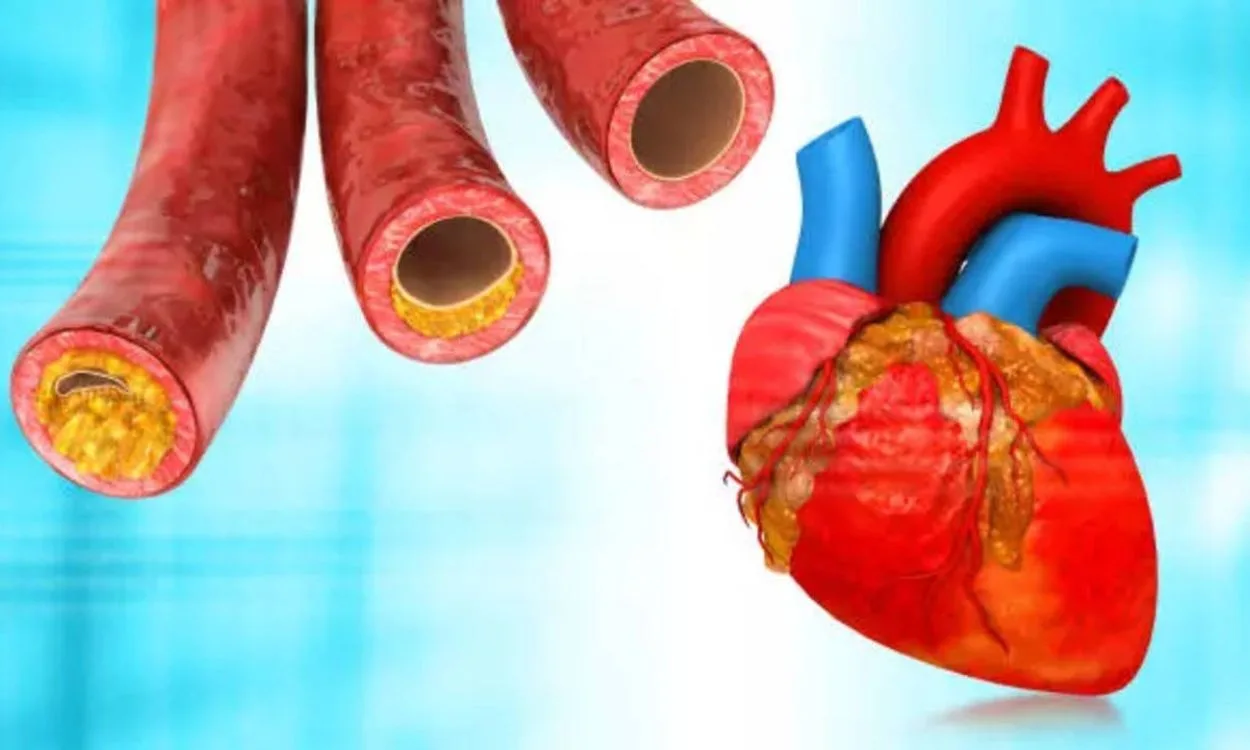The Role of Inflammation in Cholesterol and Triglycerides
Cholesterol and triglycerides are two types of lipids, or fats, found in the blood. While they are essential for various bodily functions, high levels of cholesterol and triglycerides can lead to health issues such as heart disease and stroke. Inflammation, a natural immune response to injury or infection, plays a significant role in the metabolism and regulation of cholesterol and triglycerides in the body.
Understanding Cholesterol and Triglycerides
- Cholesterol:
- Cholesterol is a waxy substance produced by the liver and obtained from certain foods.
- It is essential for the formation of cell membranes, hormones, and vitamin D.
- There are two types of cholesterol:
- High-density lipoprotein (HDL) cholesterol, often referred to as “good” cholesterol, helps remove excess cholesterol from the bloodstream.
- Low-density lipoprotein (LDL) cholesterol, known as “bad” cholesterol, can build up in the arteries and lead to plaque formation.
- Triglycerides:
- Triglycerides are a type of fat found in the blood and are the most common type of fat stored in the body.
- They provide energy to the body’s cells and help insulate and protect organs.
The Link Between Inflammation and Cholesterol/Triglycerides
- Inflammation and Cholesterol:
- When the body experiences inflammation, particularly chronic inflammation, it can lead to the overproduction of LDL cholesterol.
- In response to inflammation, the liver increases the production of LDL cholesterol to aid in the repair of damaged tissues.
- The accumulation of excess LDL cholesterol can contribute to the formation of plaque in the arteries, leading to atherosclerosis and an increased risk of heart disease.
- Inflammation and Triglycerides:
- Inflammatory markers, such as C-reactive protein (CRP) and interleukin-6, have been associated with elevated triglyceride levels.
- Chronic inflammation can disrupt the normal metabolism of triglycerides, leading to higher circulating levels in the bloodstream.
- Elevated triglyceride levels are a risk factor for cardiovascular disease and can contribute to the development of atherosclerosis.
Managing Inflammation and Lipid Levels
- Lifestyle Modifications:
- Adopting a healthy lifestyle that includes regular physical activity and a balanced diet can help reduce inflammation and improve lipid profiles.
- Consuming anti-inflammatory foods, such as fruits, vegetables, whole grains, and healthy fats, can support overall cardiovascular health.
- Medical Interventions:
- In some cases, medication may be prescribed to manage cholesterol and triglyceride levels, particularly if lifestyle changes alone are not sufficient.
- Statins, fibrates, and other lipid-lowering medications may be used to address high cholesterol and triglycerides.
- Holistic Approach:
- Addressing underlying causes of inflammation, such as obesity, smoking, and stress, can have a positive impact on lipid levels and overall cardiovascular health.
- Holistic interventions that target inflammation, such as stress management and mindfulness practices, can complement traditional treatments for lipid management.
The Fitpaa Approach
To support individuals in managing inflammation, cholesterol, and triglycerides, Fitpaa offers a holistic, AI-driven approach to health and fitness. Our comprehensive ecosystem includes personalized metabolism assessment, tailored nutrition and exercise plans, and real-time guidance technology to optimize metabolic health and promote overall well-being. Download the Fitpaa app today to embark on your journey toward better health and discover the transformative power of personalized, goal-oriented fitness solutions.
To experience the benefits of Fitpaa’s integrated approach to health and wellness, request a trial and join our community of individuals committed to achieving their health and fitness goals with guaranteed results. With Fitpaa, you gain access to a dedicated team of fitness planners, nutritionists, fitness trainers, and doctors who are dedicated to supporting you every step of the way. Transform your health and fitness with Fitpaa – your partner in achieving lasting well-being.









